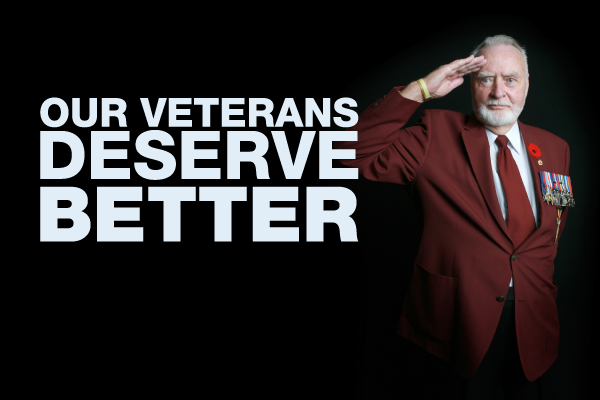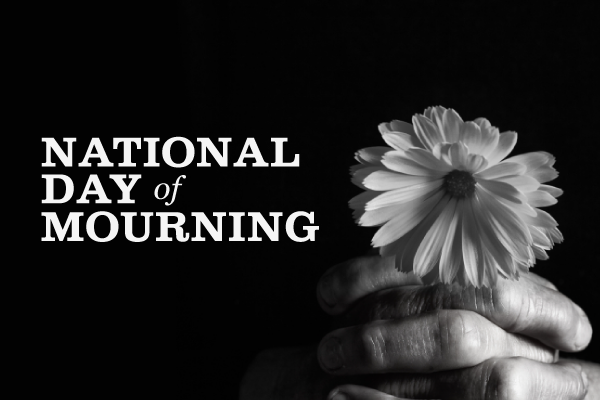
Earlier this month, the Canadian Centre for Policy Alternatives released a report about how recent cuts have affected service delivery. The Conservative government contends that everyday Canadians won’t notice the impact of its spending cuts, but the report – and our experience – tells an entirely different story.
National President Doug Marshall said the union knew right away that these cuts would have a dramatic effect on public services. The 2012 budget cuts were just one more blow in a series of departmental budget that have been happening year after year.
“First of all, the Conservatives keep saying these are only back-office cuts”, said Marshall. “Well, when you cut administrative support to front-line service workers, it inevitably reduces their capacity to provide those important services to Canadians.”
“They not only have to do their work, but they have to do the work of others.”
But, clearly, this report clearly shows that most of the job cuts are indeed affecting programs – they’re directly affecting Canadians.
In his report, CCPA Senior Economist David MacDonald identified the top five large departments affected by proportional cuts. Among the five are three departments where workers are represented by the Union of National Employees: Statistics Canada, Human Resources and Skills Development Canada and Aboriginal Affairs and Northern Development Canada.
The Union of National Employees can point to many examples of programs that have been directly affected by these cuts.
“In the Atlantic, for example, there were two people at AANDC who inspected water quality on First Nations reserves,” said Marshall. “Now there’s only one.”
Also at AANDC, cuts to administrative support have put a lot of pressure on the workers that are left. There are funding service officers, people who liaise with elected First Nations Representatives, who are working without administrative support.
According to a June 2009 organizational risk assessment conducted by AANDC, Funding Service Officers see themselves as the front-line of the department. Among their responsibilities are maintaining relationships with First Nations communities, “who many see the [Funding Service Officer] as their representative in Ottawa.1
Over at HRSDC, where we represent labour affairs officers, one only has to look at the dismantling of the fire protection program to see how these cuts are not only affecting Canadians, but putting their lives in jeopardy.
“These are people who inspect federally-owned buildings across Canada as well as community buildings on First Nations reserves,” said Marshall. “We’re concerned that fire safety is being delegated to each department. We’re concerned because self-regulation simply doesn’t work – especially when it comes to health and safety.”
Finally, the effects at Statistics Canada are perhaps the most obvious. According to the report, Statistics Canada tops the list with a projected 35% decrease in full-time employees between 2012 and 2016.
“They’re quite simply conducting fewer surveys,” remarked Marshall. “Canadians are missing out on some very important data. We’re talking about data that can help governments at all levels better tailor their services to Canadians and data that can help the business community better understand their market.”
The Canadian Centre for Policy Alternatives believes that the total number of job cuts by March 2016 will be 28,700. The total number of public servants is expected to fall by 8%; almost double what the government had projected in its 2012 budget.
“This is information we’ve been asking the Harper government for,” said Marshall. “It’s ironic that when we finally got some clarity, it had to come from a non-profit organization.”
[1]
Values and Ethics: An Organizational Risk Assessment (2009). Indian and Northern Affairs Canada.









